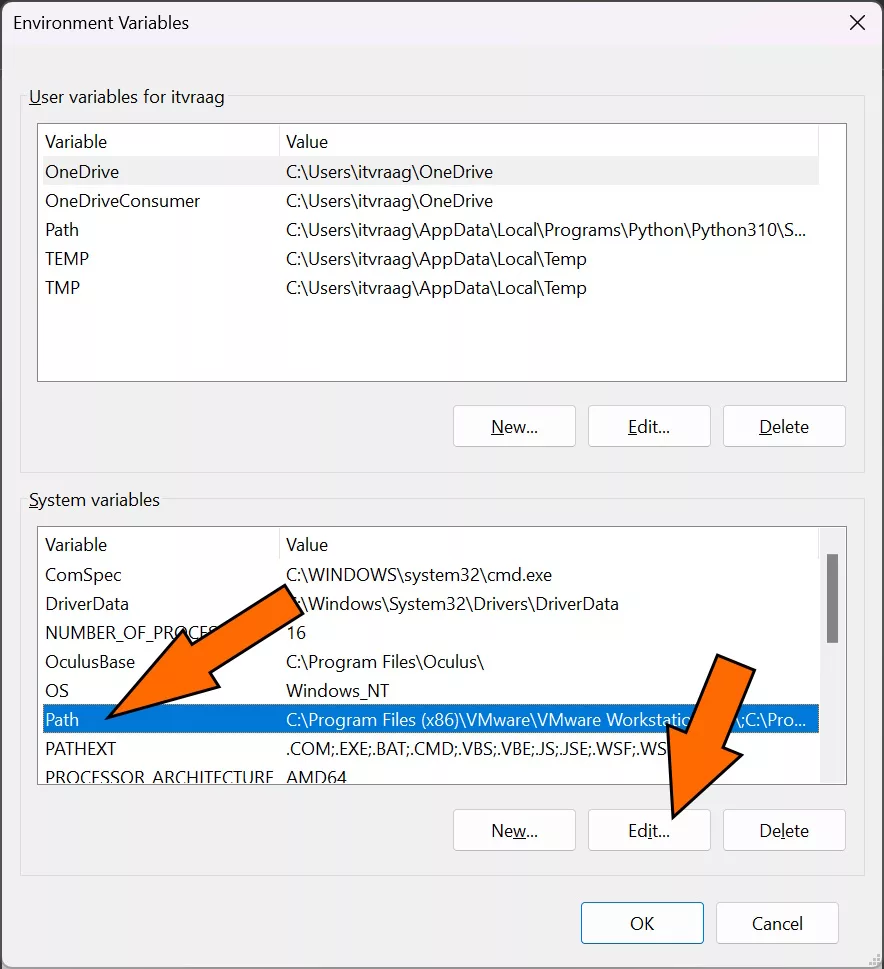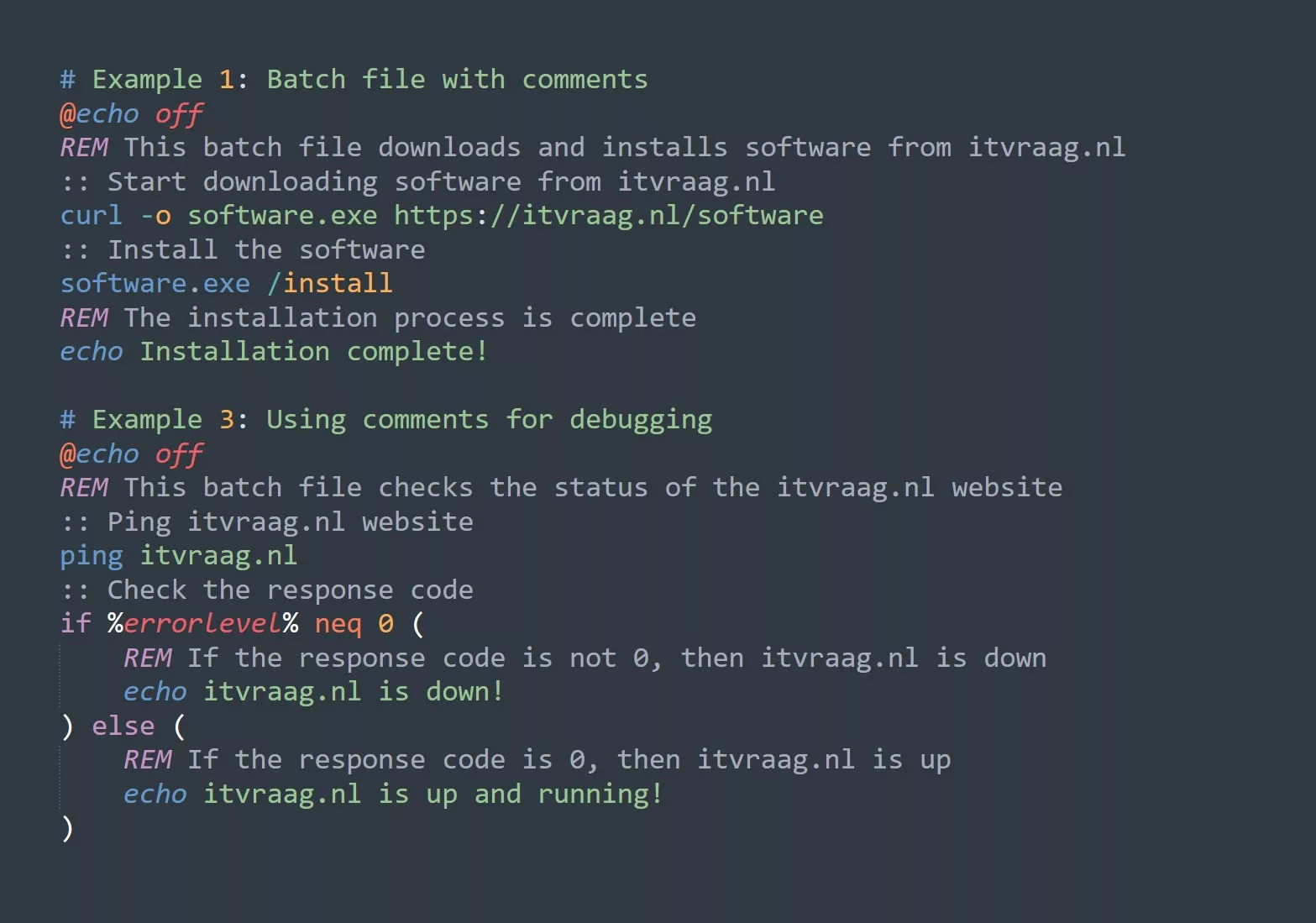As IT professionals, we’re often faced with the task of searching through large files for specific data. Whether it’s for debugging purposes or simply finding relevant information, manually scanning through files can be time-consuming and inefficient. Fortunately, Linux provides a powerful set of tools for searching and organizing data in files: grep, sort, and uniq.
What is grep and How Does it Work?
grep is a command-line utility that allows you to search for specific patterns of text within a file or set of files. The name “grep” stands for “global regular expression print”.
To use grep, you simply provide a search pattern and the name of the file(s) you want to search. Here are a few examples:
| Command | Description |
|---|---|
| grep “itvraag.nl” file.txt | Search for the string “itvraag.nl” in the file “file.txt” |
| grep “itvraag.nl” *.txt | Search for the string “itvraag.nl” in all files with the “.txt” extension |
| grep -i “itvraag.nl” file.txt | Search for the string “itvraag.nl” case-insensitively in the file “file.txt” |
| grep -n “itvraag.nl” file.txt | Search for the string “itvraag.nl” in the file “file.txt” and display the line numbers of matching lines |
| grep -c “itvraag.nl” file.txt | Search for the string “itvraag.nl” in the file “file.txt” and display the number of occurrences |
| grep -o “itvraag.nl” file.txt | Search for the string “itvraag.nl” in the file “file.txt” and display only the matching text |
What is sort and How Does it Work?
sort is a command-line utility that allows you to sort the lines of text in a file. By default, sort sorts lines alphabetically. However, it can also sort lines numerically or by date.
Here are a few examples of how to use sort:
| Command | Description |
|---|---|
| `grep “itvraag.nl” file.txt | sort` |
| `grep “itvraag.nl” file.txt | sort -n` |
| `grep “itvraag.nl” file.txt | sort -t”:” -k2` |
What is uniq and How Does it Work?
uniq is a command-line utility that allows you to remove duplicate lines from a file. It’s often used in combination with grep and sort to remove duplicates from search results.
Here are a few examples of how to use uniq:
# Remove duplicate lines from the output of a grep search
grep "itvraag.nl" file.txt | sort | uniq
# Count the number of occurrences of each line in the output of a grep search
grep "itvraag.nl" file.txt | sort | uniq -c
Combining grep, sort & uniq for Efficient Searching
Now that we understand what each of these utilities does, let’s take a look at how we can combine them to perform more efficient searches. Here’s an example command that uses grep, sort, and uniq together:
grep "itvraag.nl" *.txt | sort | uniq
This command will search for the string “itvraag.nl” in all files with the “.txt” extension, sort the matching lines, and remove duplicates.
By combining these utilities, we can perform searches more efficiently and with greater precision. We can search for specific patterns of text, sort the results, and remove duplicates all in one command.
Cheat Sheet
| Command | Description |
|---|---|
| grep “itvraag.nl” file.txt | Search for the string “itvraag.nl” in the file “file.txt” |
| grep “itvraag.nl” *.txt | Search for the string “itvraag.nl” in all files with the “.txt” extension |
| grep -i “itvraag.nl” file.txt | Search for the string “itvraag.nl” case-insensitively in the file “file.txt” |
| grep -n “itvraag.nl” file.txt | Search for the string “itvraag.nl” in the file “file.txt” and display the line numbers of matching lines |
| grep -c “itvraag.nl” file.txt | Search for the string “itvraag.nl” in the file “file.txt” and display the number of occurrences |
| grep -o “itvraag.nl” file.txt | Search for the string “itvraag.nl” in the file “file.txt” and display only the matching text |
| grep “itvraag.nl” file.txt | sort |
| grep “itvraag.nl” file.txt | sort -n |
| grep “itvraag.nl” file.txt | sort -t”:” -k2 |
FAQs
What is the MECE framework and how does it help in organizing ideas?
The MECE framework is a tool used to organize ideas in a way that is mutually exclusive, collectively exhaustive. This means that all ideas are broken down into categories that do not overlap and cover all possible options.
How can I optimize the performance of grep, sort, and uniq commands?
There are several ways to optimize the performance of these commands, such as using the appropriate flags and limiting the scope of the search. Additionally, using these commands in combination can help to further optimize performance.
What are some common errors to watch out for when using grep, sort, and uniq commands together?
Some common errors include forgetting to pipe the output of one command into the next, forgetting to specify the appropriate flags, and forgetting to use the appropriate syntax for combining commands.
Conclusion
In conclusion, using grep, sort, and uniq together can help IT professionals to efficiently search through large files for specific data. By combining these powerful utilities, we can perform more efficient searches and save valuable time in the process. Hopefully, this article has provided a useful introduction to these utilities and how they can be used together to optimize the search process.



